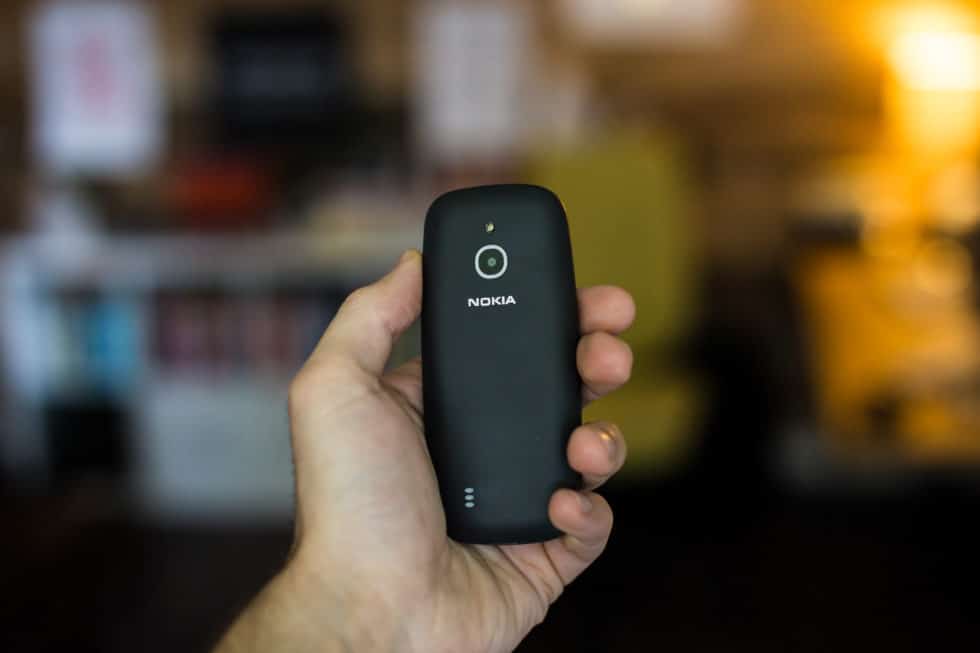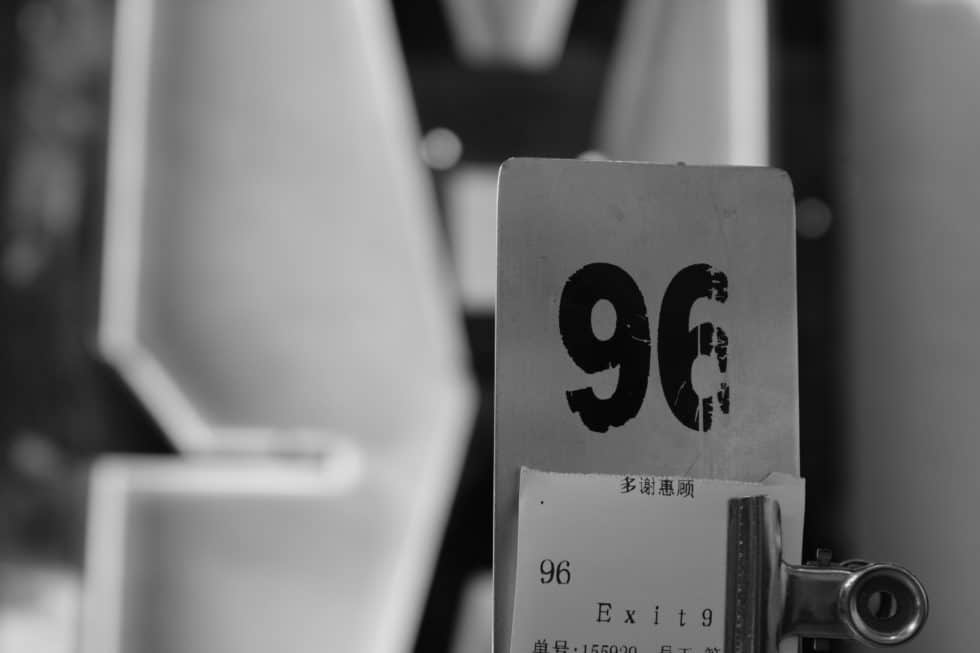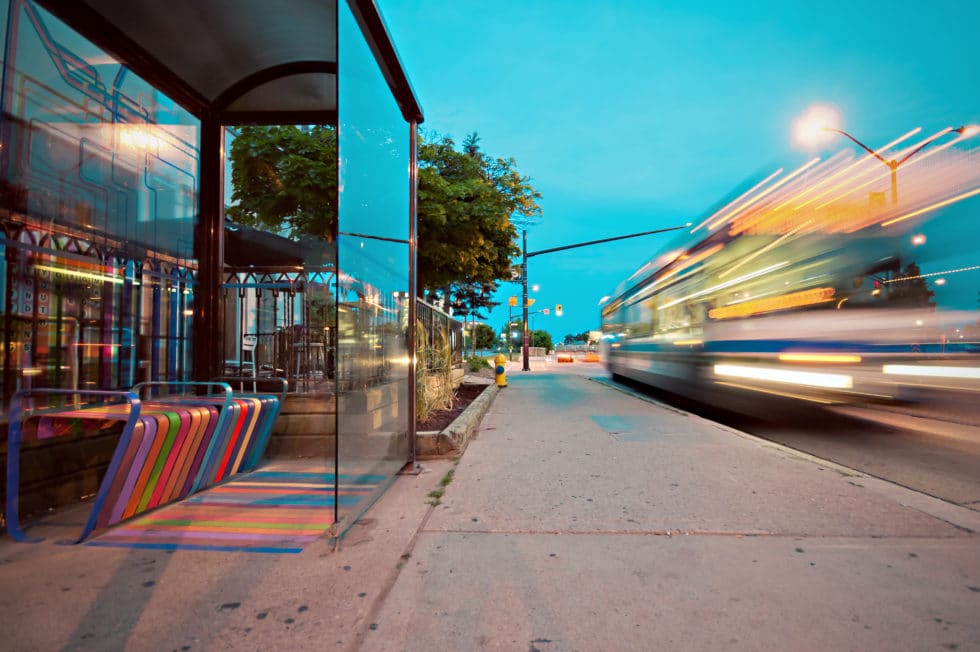Raider is now called Twix, otherwise nothing will change? Not at all! The 90s were not only the last decade of the 20th century, but also marked by historical events such as the end of the Cold War or the reunification. Socially there were a lot of technological advances, some of them strange and almost scary. The 90s were the decade of mobile phones, the personal computers and the Internet.
Apart from things like the Tamagotchi, important foundations for today’s digitalization were laid in the 90s. The whatsapp of the 90s was called ICQ, you didn’t use Chrome but the Netscape Communicator and you didn’t listen to music with Spotify but with Winamp. Movies were watched, if at all, as DVD, SVCD or DivX, because Netflix didn’t exist yet.
The smartphones of the 90s were handhelds such as the Palm Pilot or Compaq Ipaq. Calls were made with mobile phones. Those came from Nokia, Siemens, Sony Ericsson or Motorola. You could access the internet with your Windows 95 PC and with the AOL-CD (Am I already in or what?) or if you were lucky and knew how to use it, with the dial-up connection from Windows (TCPIP protocol had to be activated first).

If you look at the TV commercials from back then, the 90s were, for the Payment- and Banking industry, the decade of big words:
Trust is the beginning of everything, the Deutsche Bank was convinced of this in the 90s. And the Sparkasse was convinced that it was more about than just a car, a boat and a house. Visa went even further, because nothing less than freedom was at stake. BHW, on the other hand, thought the most beautiful thing in the world was its own four walls, while Postbank shrank its branch to the size of letterboxes. Commerzbank believed it was the right partner when the children were old enough to make their own decisions. And the Volksbank, which cleared the way. Those who wanted to invest money relied on Manfred Krug’s recommendation and opted for the T-Share.
Payment of the 90s – this is how we payed

The 90s were also marked by the first attempts at digital payment. There were just 2 billion “non-cash” transactions in 1997. Today there are ten times as many. It was used in retail, primarily in cash or rarely with the Eurocheck card (Ec card). The “EC card” was connected to the Eurocheque system, which still characterizes the name of the card today.
Today the card is called Girocard, but the majority of the population never really laid the old name down. The Eurocheck was not a payment method in the mid-90s, which was used all the time, but it was quite common. 400 million transactions with Eurochecks were carried out on average per year, until the Eurocheck then successively expired. Of course, the cash payment procedures were advertised anyways.
Visa already knew in the 90s that the credit card could even fit into a swimsuit and relied on freedom of payment. And with Eurocard from Mastercard, you could fulfil all your wishes. Just one year after the launch of PayPal in 1998, in 1999 Telekom launched its own online payment system, Clickandbuy, which was to be finally discontinued in 2016.
The payment traffic was already in the 90s a playground and everyone tried out a lot. In 1996 Visa, Mastercard, IBM, Microsoft and Netscape developed SET (Secure Electronic Transaction), a method for secure payment on the Internet, which only made it to a few pilot projects and many whitepapers. With Paybox, the first attempt to establish mobile payment in Germany started in early 2000. With Paybox you could pay online (but also offline e.g. taxi) with your mobile phone and SMS. In Germany Paybox was never successful, but in Austria, for example. Here Paybox is still available today to pay parking fees, for example.
Banking under Windows 95 and Co.
In the early days of the internet, banks where pioneers. Not a punch line. They were the first ones to believe in BTX, an interactive online service, which was introduced in the mid-1980s, and even then, offered the same services we know today from online banking. Compared to the developments and requirements as we know them today (e.g. SCA), banking in BTX was less colorful, but easy to use. BTX lasted until 2007, when it was finally discontinued.
“In the early days of the internet, banks were pioneers. Banking in those days was less colorful than it is today. But easy to use”
While BTX and the Internet were mainly for nerds (then computer freaks), telephone banking enjoyed great popularity. Telephone-Banking in the 90s was something like today’s language assistants Alexa, Siri and Co. But they were just very stupid and banking over the phone very exhausting. The MobileBanking with mobile phone on basis of SMS and WAP, realized by the Karlsruher enterprise “fun communications”, never prevailed, however. In the end, online banking far away from BTX and WAP asserted itself. Based on HBCI (Homebanking Computer Interface, today FinTS), starting from the mid 90s countless PFM (Personal Finance Management) programs such as Quicken or WISO my money came onto the market until more and more banks offered their own browser-based solutions.
Summary
The 90s were a decade of remarkable developments. Flowers tormented us with heart to heart, private television broadcasted shows like Tutti Frutti or the price is hot, Titanic was running in the cinema and without the Data Becker Christmas printing shop many Christmases would have been a disaster. The digitalization process laid important foundations, and Windows 95 and affordable PCs made computer systems suitable for the masses. Mobile phones replaced pagers like Scall and the EC card (now Girocard) established itself alongside cash. Today we look at the 90s with a laughing and a crying eye. As strange as it may have been: without developments like the online banking software of the 90s, at least André M. Bajorat and I would never have entered the payment & banking industry. And yes, Stranger Things played in the 80s, but the headline suited so well.
